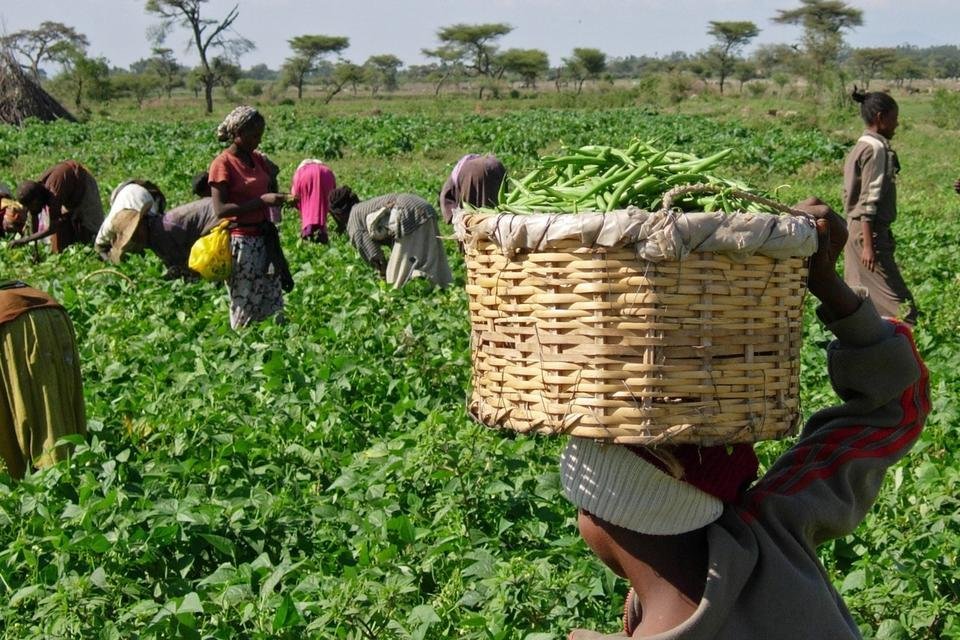
Africa’s Crop Diversity, Key to Food Security, Vanishing at Alarming Rate, FAO Experts Warn
ROME – Africa is facing a silent but devastating crisis as the rich diversity of its crops, cultivated for generations and essential for future food security, is disappearing at an unprecedented rate, according to a high-level opinion piece by two senior UN Food and Agriculture Organization (FAO) officials.
In a stark assessment, Yurdi Yasmi, Director of the FAO’s Plant Production and Protection Division, and Abebe Haile-Gabriel, Assistant Director-General and FAO Regional Representative for Africa, reveal that over 70% of Africa’s crop wild relatives and wild food plants are now threatened—double the global average.


This erosion of genetic wealth, detailed in the latest Third Report on the State of the World’s Plant Genetic Resources for Food and Agriculture, strikes at the heart of the continent’s food systems. In sub-Saharan Africa alone, 16% of inventoried traditional landraces and farmers’ varieties are endangered, with staples like yam, sorghum, millet, rice, and cotton among the most affected.
“Africa’s plant genetic resources are the foundation of its future food security,” the authors state. “They hold the keys to adapting agriculture to climate change, improving nutrition, and safeguarding livelihoods.”
The crisis is being accelerated by climate change. The continent is warming faster than the global average, and droughts are a primary driver of seed emergencies, accounting for 65% of such crises across 20 African nations. These extreme weather events are wiping out the very local varieties that once provided resilience against harsh conditions.
While Africa has made progress, with 220,000 samples of nearly 4,000 species stored in 56 gene banks, the officials warn that this progress is fragile. Critical gaps remain: only 10% of these collections are safely duplicated, leaving them vulnerable to loss from disasters or instability. Furthermore, vital wild relatives and wild food plants are severely underrepresented in these collections.
The human capacity to address the crisis is also in jeopardy. The report notes a severe shortage of trained professionals, with postgraduate programs missing in 27% of African countries and nearly two-thirds lacking secondary-level education in this field. As skilled experts retire, a critical knowledge gap is emerging.
To counter the decline, the FAO officials outline a clear path forward. They call on policymakers and donors to:
· Prioritize cataloguing wild and cultivated plants.
· Strengthen gene banks and invest in modern conservation like cryopreservation.
· Develop and update national strategies for plant genetic resources.
· Crucially, invest in training a new generation of plant geneticists, breeders, and conservation scientists.
“The seeds of Africa’s future are literally slipping through its fingers,” Yasmi and Haile-Gabriel conclude. “The question is whether the continent, and the world, will act before they are gone forever.”





